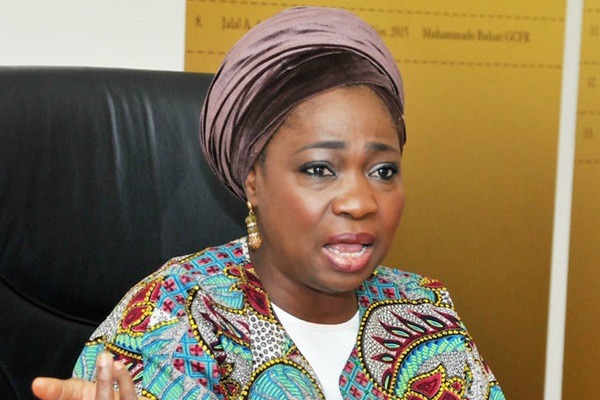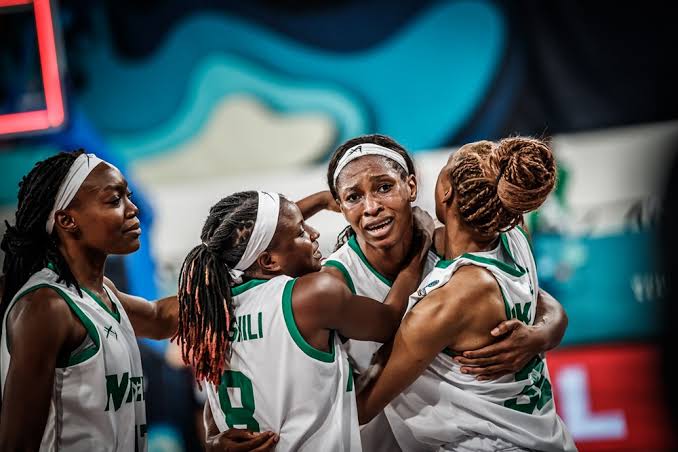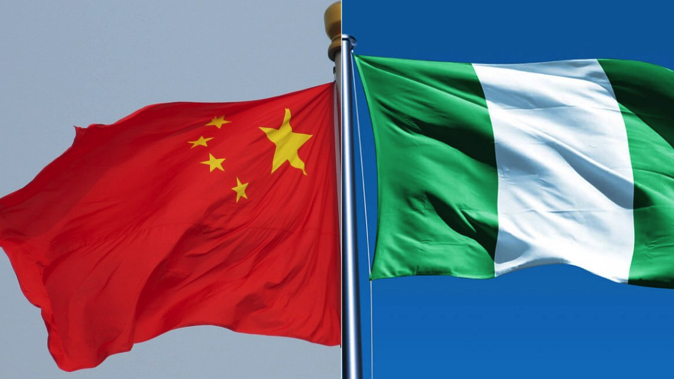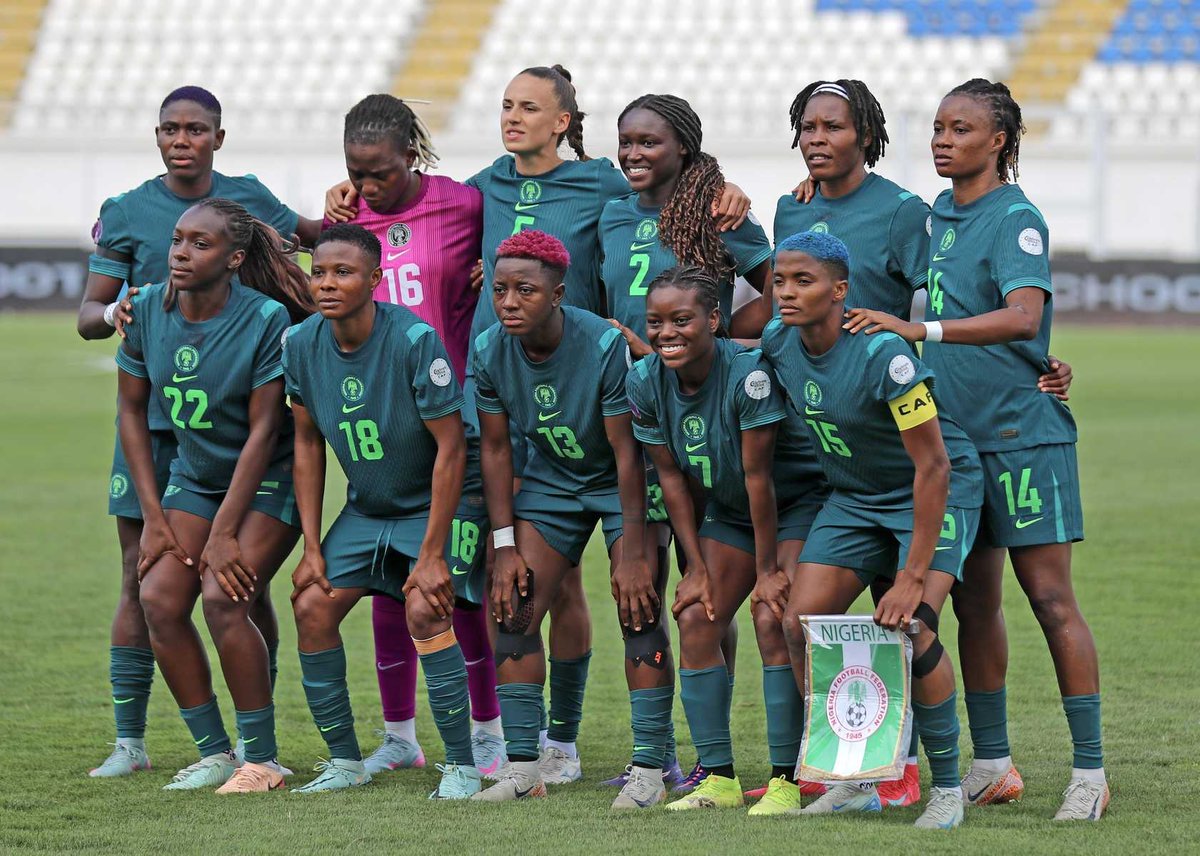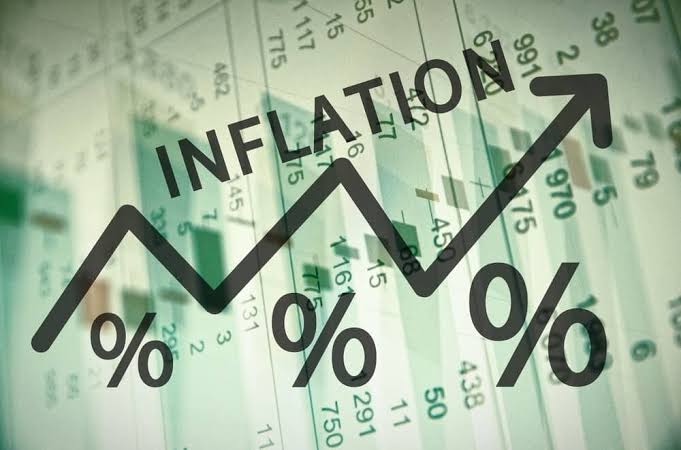For years, Nigerians have walked through the world with a quiet pride, knowing that their talent, resilience, and creativity were respected far beyond the country’s borders. Our people have built lives in faraway places, contributing as doctors, engineers, professors, artists, and entrepreneurs.
From Silicon Valley to the lecture halls of Oxford, UK, and Philadelphia, US, from the oil rigs of Alberta to the studios of Nollywood, the Nigerian spirit has pushed boundaries and opened doors that seemed locked to others. Our diaspora’s remittances, now estimated at over $20 billion annually, have been a vital source of foreign exchange and a lifeline for millions of families.
Our cultural exports—music that fills arenas in London, novels that shape global discourse, fashion that turns heads in Paris—have ensured that even when our country stumbles, our people remind the world of what Nigeria can be.
Yet that assurance is now steadily eroding. Behind the headlines of visa denials, visa validity cuts, and new travel restrictions lies a deeper story about how our standing in the world is slipping. For too long, we have coasted on a narrative of potential without doing the difficult work of securing it.
Our economy’s persistent underperformance, with GDP growth hovering around a meagre 2.3% in 2024 despite our large population, leaves millions behind. Youth unemployment officially stands at over 53%, driving the desperation that pushes so many to seek opportunities abroad.
Diplomatically, we have often undercut our interests by failing to show up where it matters. As of mid-2024, Nigeria still had vacant ambassadorial posts in key capitals like Washington D.C., Ottawa, and Riyadh—posts that should be filled by seasoned diplomats who can advocate for our people and negotiate fairer visa deals.
The United States now caps most non-immigrant Nigerian visas at three months, single entry, compared to the ten-year multiple-entry visas routinely given to citizens from countries with stronger diplomatic ties. Thirty other African countries are affected but Nigeria stands out . In 2024 alone, the US denied nearly 60% of B1/B2 visa applications from Nigeria, compared to an average global rejection rate of about 27%.
And so, country after country has begun to raise its walls. The United States’ visa validity cut for Nigerians to three months for a single entry sends a message. The message is clear: “They do not trust Nigerians to stay longer, and they do not want Nigerians to put down roots”.
Once a dream destination for young Nigerians looking to build careers, the UAE has repeatedly suspended visa streams and imposed ever-tighter background checks that make migration feel more like a lottery than a process. The UAE has suspended, reviewed and reinstated its visa policies multiple times in the last five years, citing fraud concerns and overstays.
Canada, once an open door for our students and skilled workers, now demands higher proof-of-funds and rejects study applications at unprecedented rates, often with reasons that feel humiliatingly vague. In Canada, the rejection rate for Nigerian study permits has been staggering. In 2024, over 60% of Nigerian study visa applications were rejected, even as Canada welcomed record numbers from other countries. Students have lost entire academic years waiting for decisions that never came.
Even the UK, with its deep ties to Nigeria’s past and present, has tightened its immigration screws. New rules introduced in 2024 prevent many international students from bringing their dependents, a move that disproportionately impacts Nigerians, who accounted for over 40% of the dependents brought by international students to the UK between 2021 and 2023. For families already juggling high tuition fees and living costs, this change has shattered dreams of studying abroad together and forced painful choices about who stays behind.
These changes are justified officially by talk of “security and technical benchmarks.” But we know better. Underneath the paperwork is a deeper question: does the world still trust Nigeria to send people who will play by the rules, build communities, and contribute meaningfully? Or are we increasingly seen as a risk to be contained? It is a painful thing to say out loud, but it is our reality today. The image of Nigeria abroad has become a contradiction.
On one side, there is the brilliance of our best minds and the unstoppable energy of our entrepreneurs and artists. On the other hand, there is the lingering shadow of internet scams, organised fraud, and sensational headlines of Nigerians involved in criminal networks. There is also the international community’s concern about the trajectory of our economy – it does not inspire confidence that the “Japa” syndrome would not continue unabated. The poor state of our economy is our bane. There is a direct correlation between “japa”and youth unemployment, economic uncertainties and economic hopelessness. Any improvement would positively impact the japa.
For those caught in the middle, the consequences are heartbreaking. Young Nigerians, full of hope and promise, spend sleepless nights gathering documents, paying exorbitant fees, and waiting months for visa decisions that often end in rejection with no clear explanation. Brilliant students have their study plans disrupted because a three-month visa is worthless for a two-year degree. Businesspeople miss opportunities because they cannot secure multiple-entry visas to meet international partners and sign deals.
Skilled professionals who could gain new knowledge abroad and send money home find their paths blocked by suspicion and bureaucracy. Families that once relied on remittances now watch their loved ones languish in endless queues outside embassies; their futures locked behind counters and glass walls. Families save for years, selling land and emptying bank accounts to fund study abroad plans, only to see dreams dashed in a single line at the consulate window.
In response, Nigeria has tried to flex its limited leverage. We have suspended certain trade deals, especially those involving critical minerals like lithium that are increasingly in demand for global green-energy transitions. Officials issue strongly worded statements condemning “one-sided arrangements” that treat Nigeria as a problem to be managed rather than a partner to be respected.
There is renewed talk of pivoting towards BRICS and other emerging partners—China, India, Brazil, and Russia—who might offer trade and investment without the heavy governance conditions attached by the West. But these moves will not carry real weight unless we address the reasons the West feels justified in raising its walls in the first place. Some see this as a healthy pivot towards greater foreign-policy independence. But there is a danger too—that this realignment becomes an excuse to ignore the deeper work we must do at home.
Underneath it all lies the same hard truth: insecurity, poor governance, and economic fragility. Our security crisis, from terrorism in the northeast to banditry in the northwest, makes headlines that foreign governments cannot ignore. Investors and immigration officers alike read the same reports of kidnappings, attacks, and communities living in fear.
Foreign investors and foreign governments read these reports; they adjust their risk calculations accordingly. Western aid and visa regimes increasingly link cooperation to governance and human-rights records—areas where our improvements have been too slow, too piecemeal, and too often reversed at the next election cycle. Weak governance and slow justice systems send a signal that corruption can thrive unchecked. Why should any country trust us to keep our commitments?
If we want to rebuild trust and reopen doors, the solution is not begging for visas or threatening boycotts. It is the hard, unglamorous work of restoring credibility. We must build an economy that truly works for our people, where opportunity does not depend on escaping to foreign shores. We must strengthen our security forces and our courts, so that law-abiding citizens are protected and criminals cannot tarnish our name. We must fight corruption at every level so that we are seen as a nation that keeps its promises and uses its resources for the public good.
Our embassies must stop being graveyards of empty offices and instead become hubs of skilled negotiators who can advocate for our people’s mobility with facts, not excuses. We must invest in telling our true stories—the stories of young innovators, artists, professionals, and honest traders whose success should define us more than the few criminals who have sold our name cheap. This is not just about image; it is about facts. The world must see that Nigeria is serious about its future, so they can believe in the future we offer to their shores.
Visa restrictions are more than bureaucratic hurdles. They are a mirror reflecting how the world sees us. They are red flags waving in our faces, telling us that we are falling behind where it matters most: the trust and respect of the global community. But we are not powerless. With serious reforms, a clear diplomatic strategy, and a collective national effort to live up to the promise our people have always carried, we can change that image. We can earn back the welcome that our parents and grandparents once knew—a world that opens its doors not out of charity, but because Nigerians have proven, repeatedly, that wherever we go, we bring value.
Rebuilding that trust is not about begging for open doors; it is about earning them through bold action, honest governance, and a clear signal that we will not settle for being seen as a risk to be contained. Only then can we stand before the world again with confidence, passports in hand, doors open not because of charity but because we have made ourselves welcome guests—partners, not problems, wherever we choose to go.

